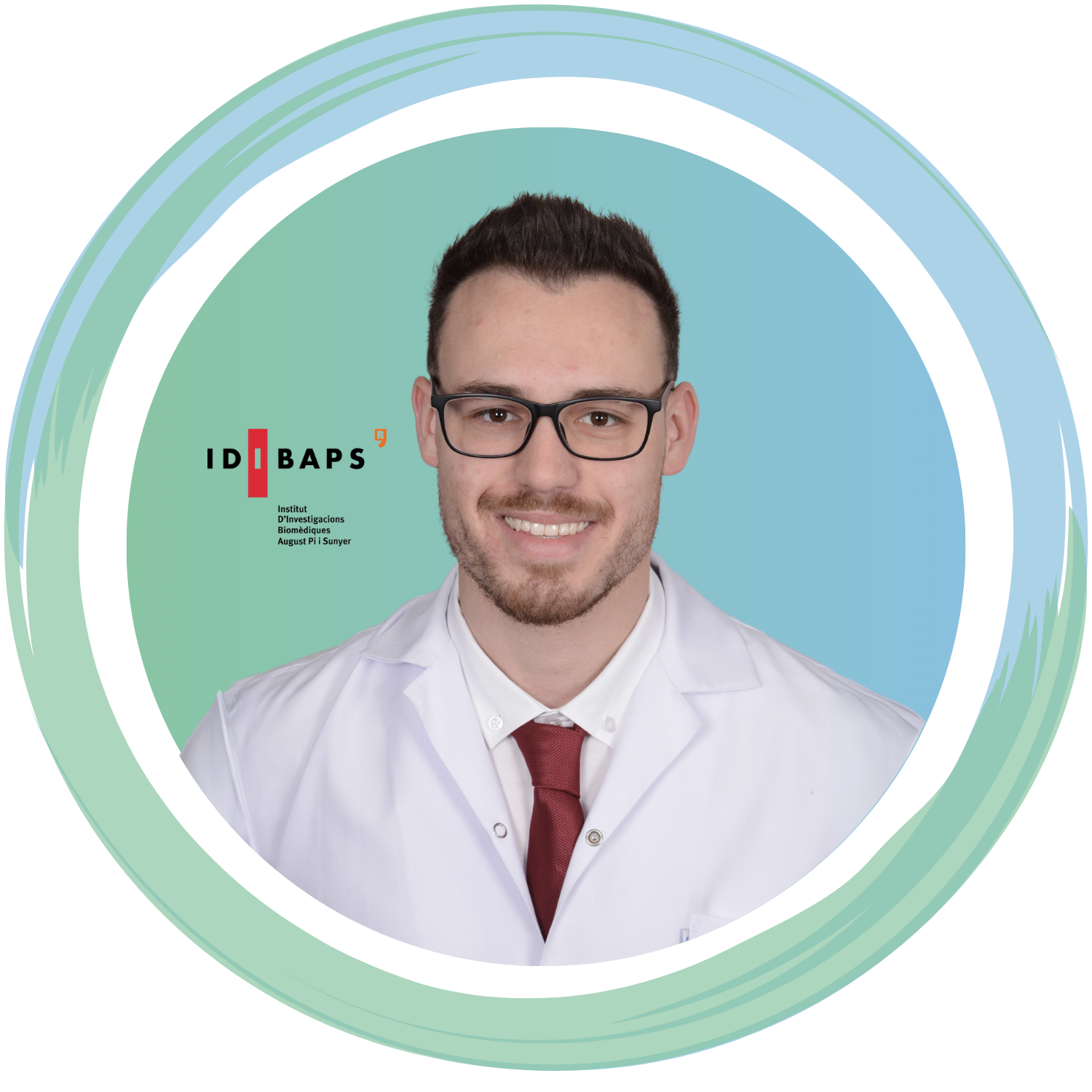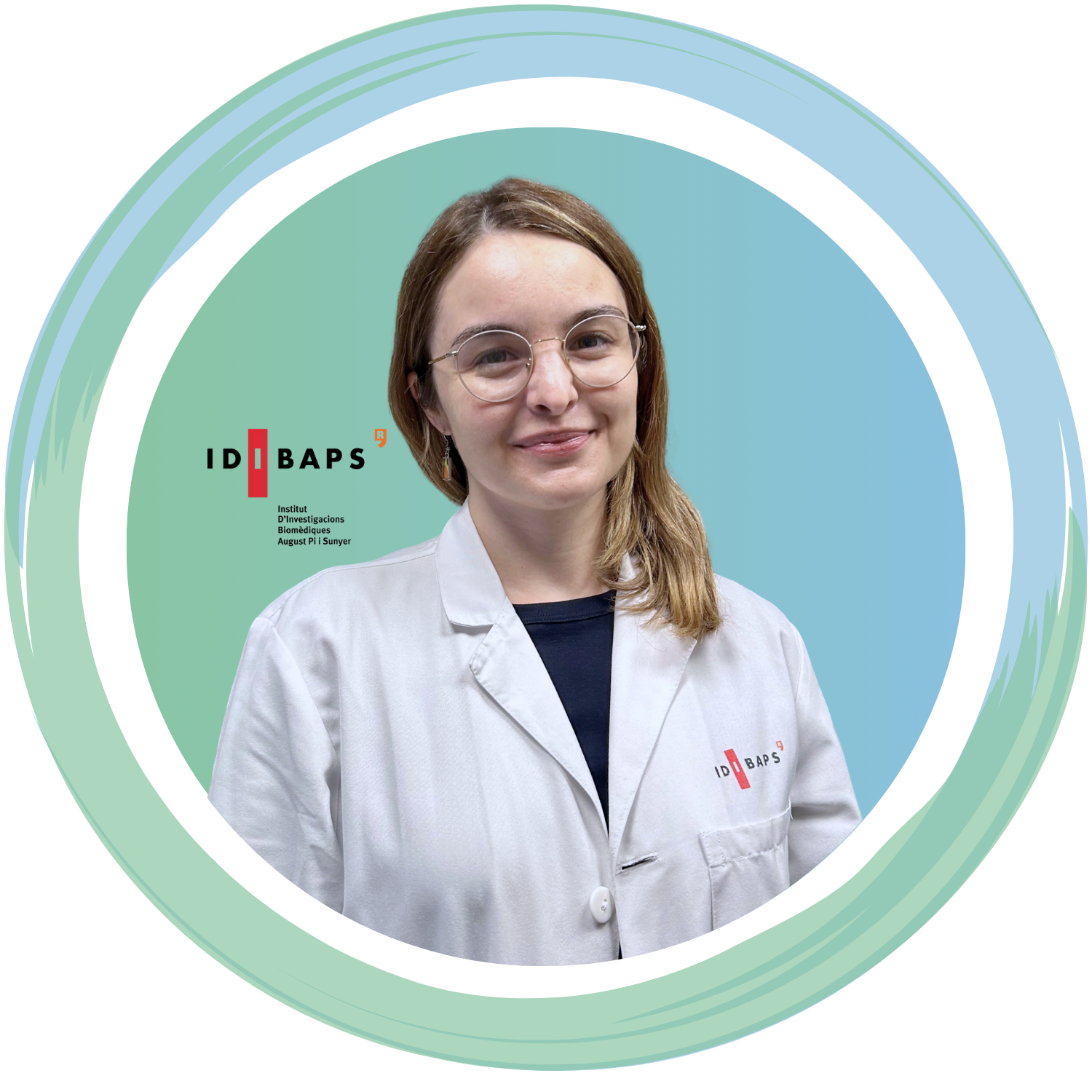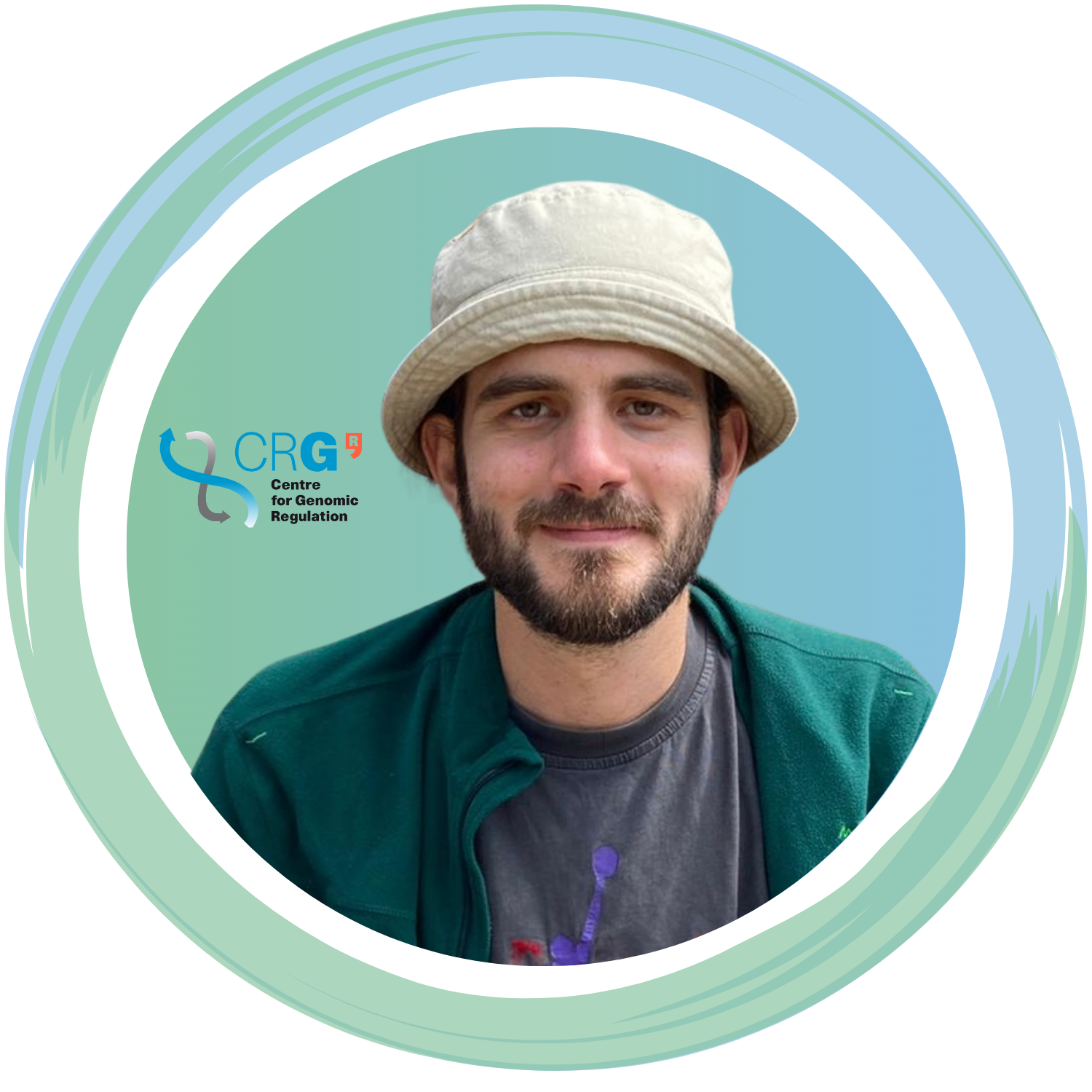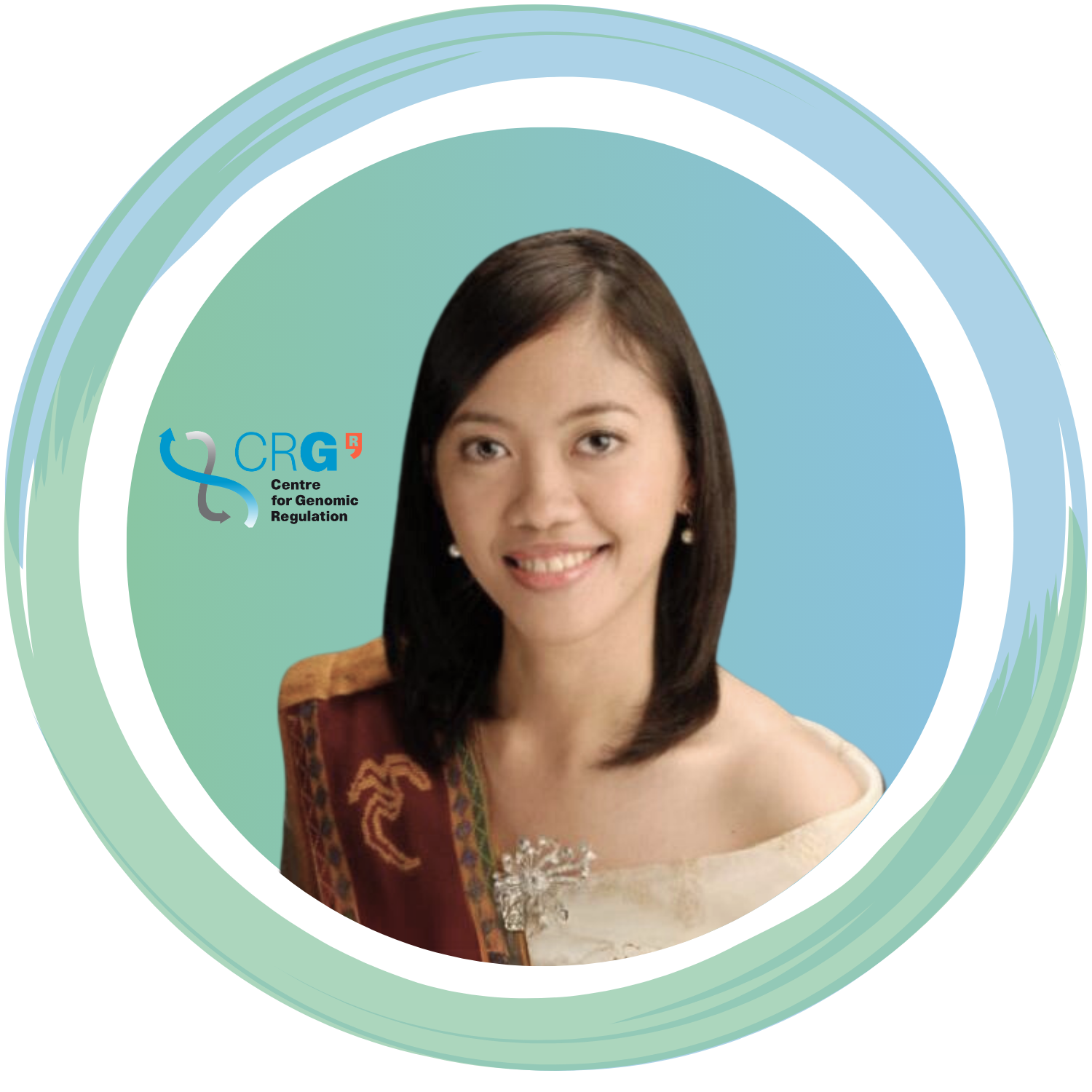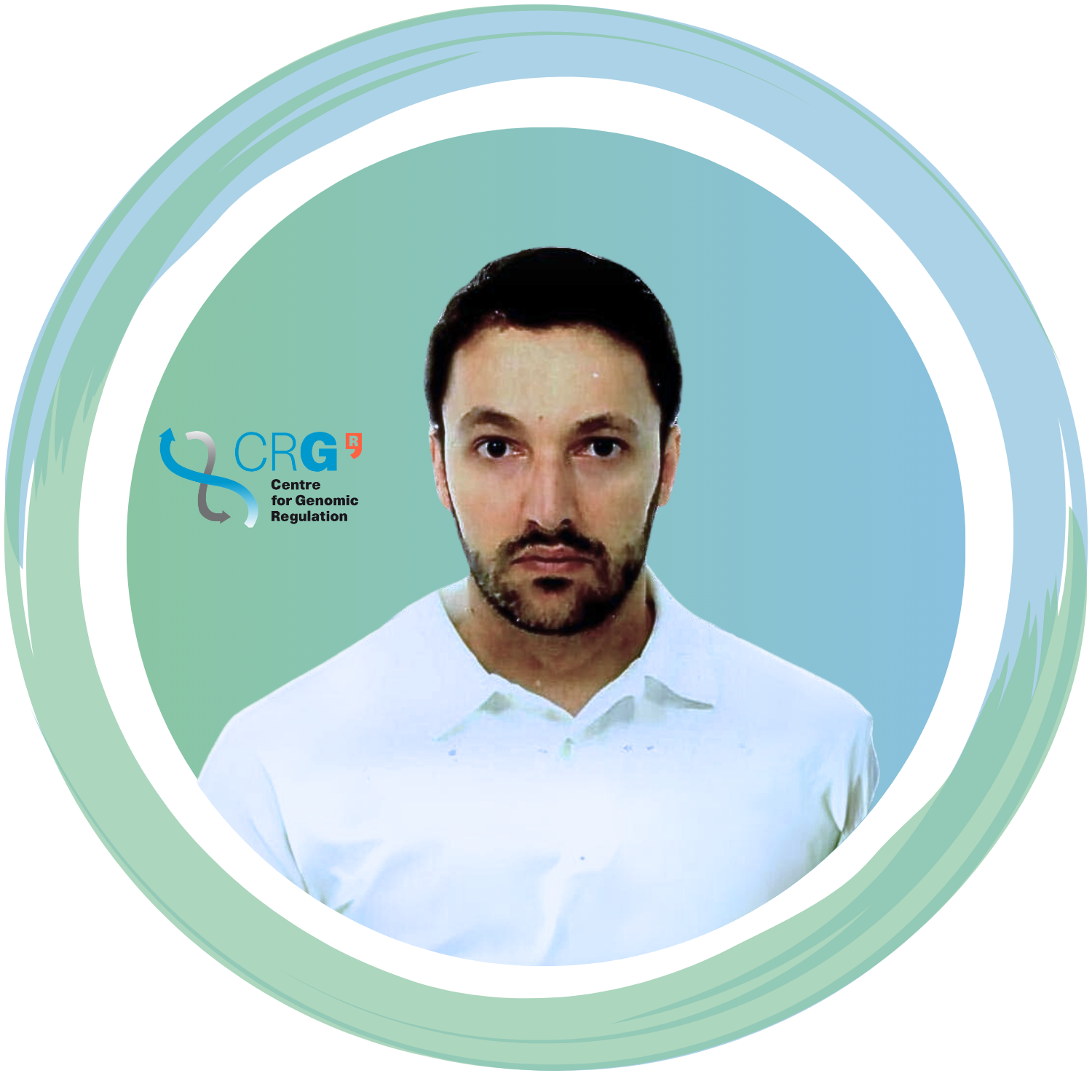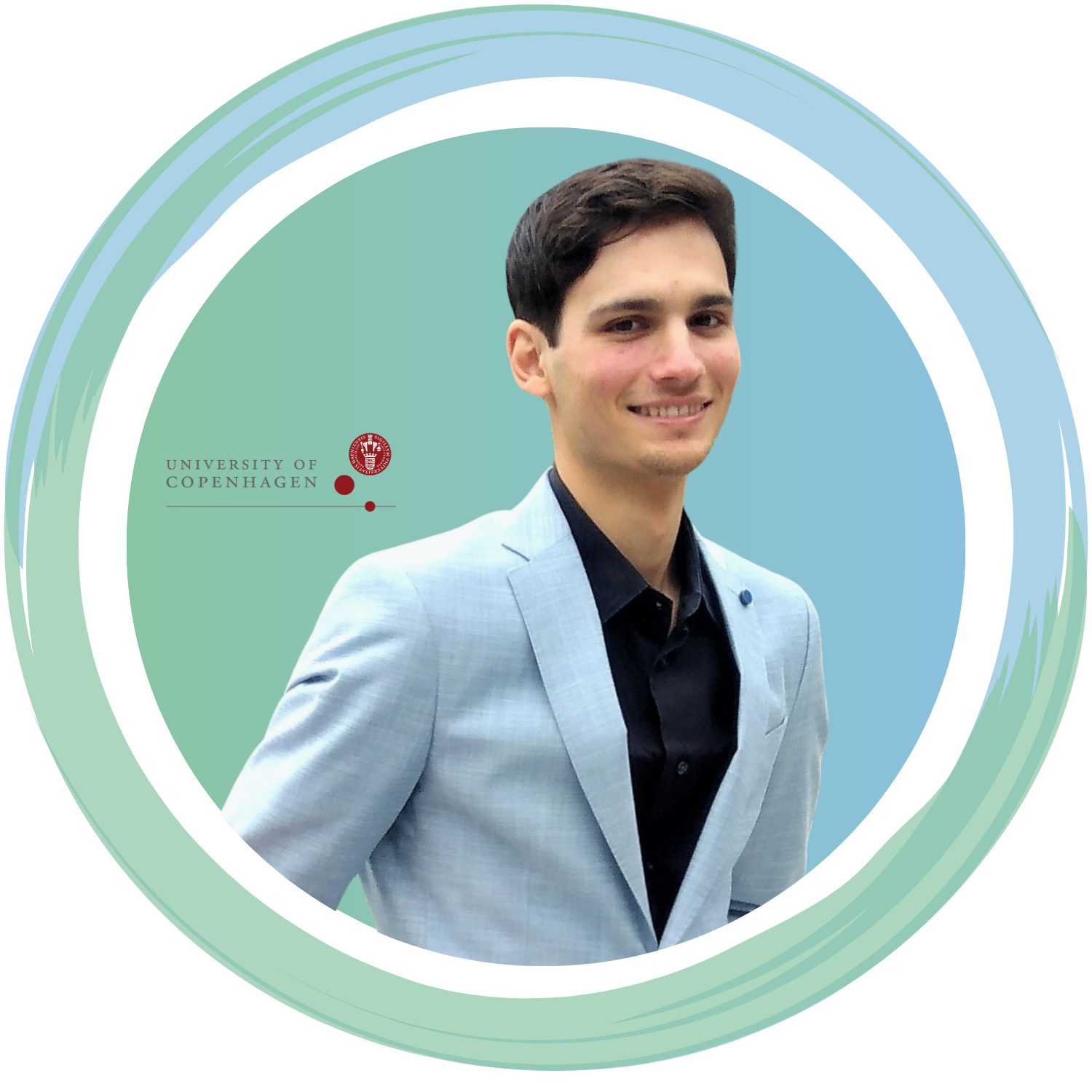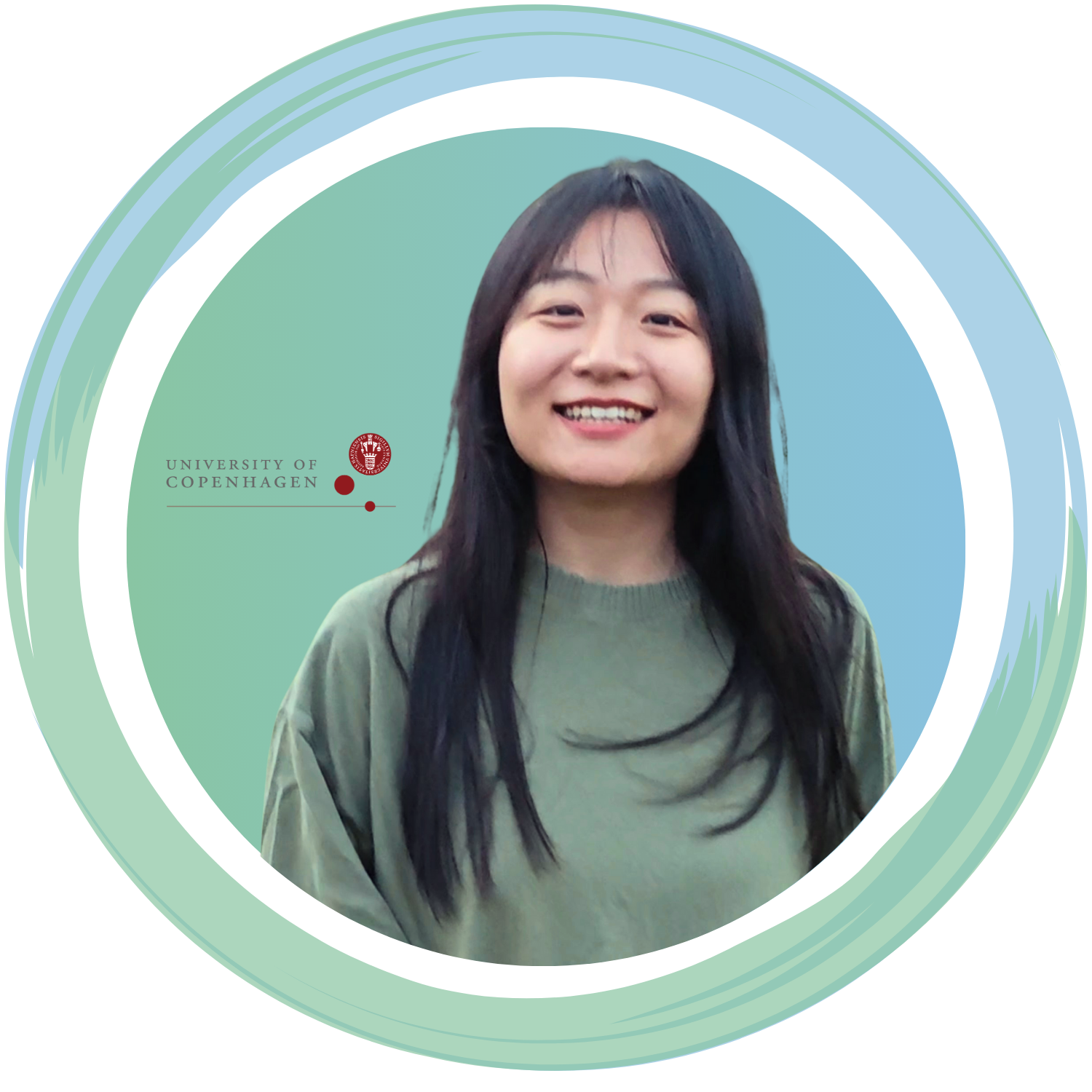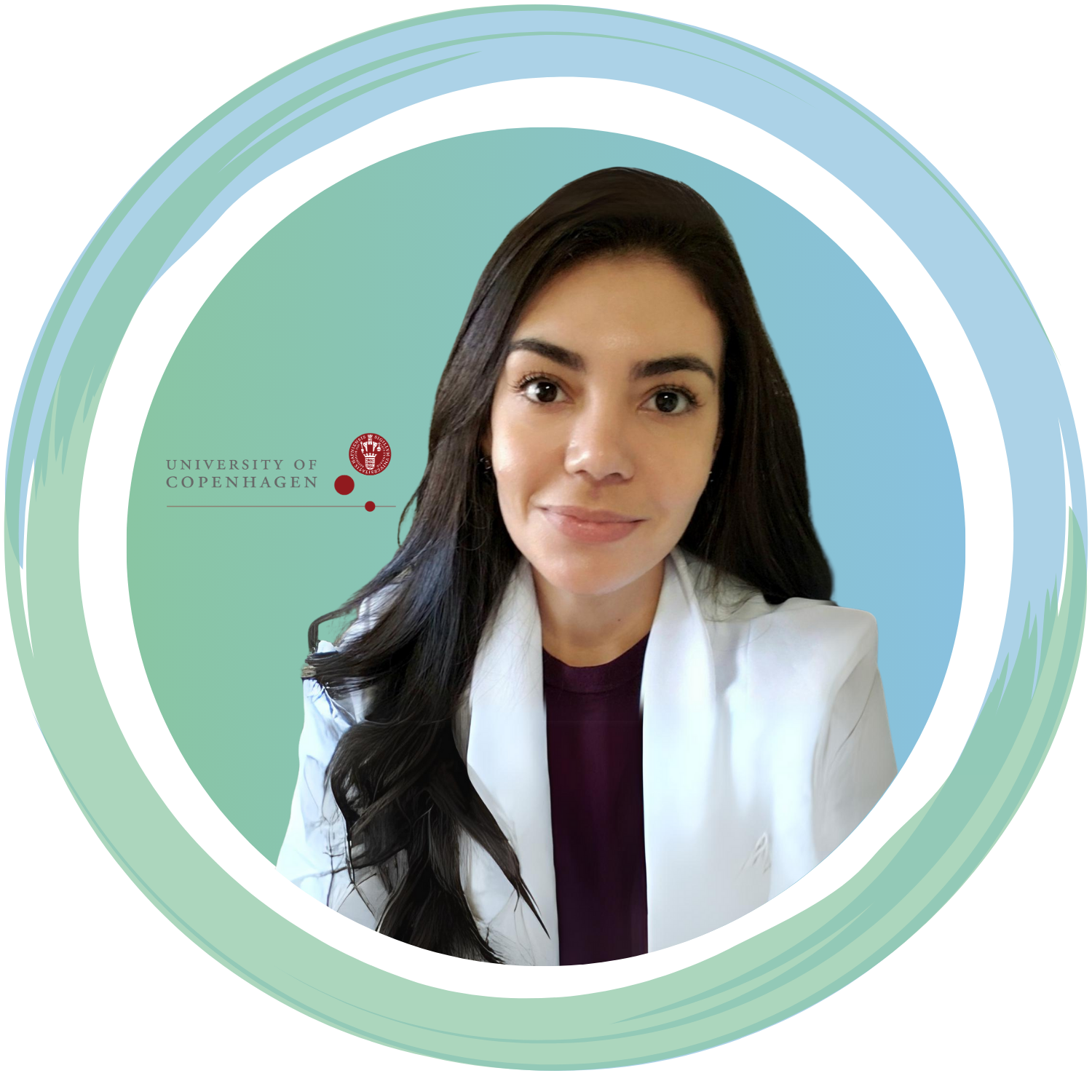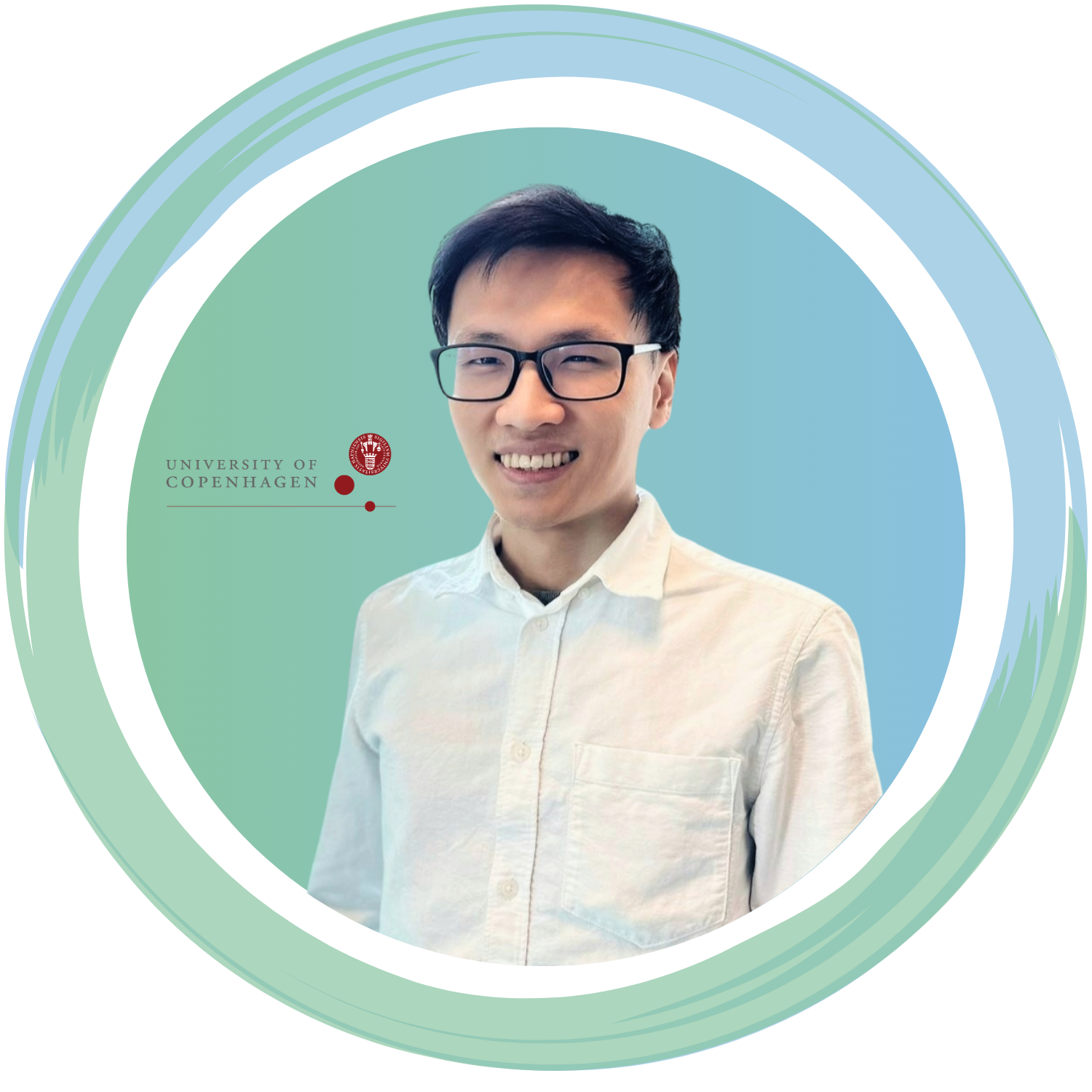The lab: Weischenfeldt group
Lab's research themes
Our research focus is centered on tumour evolution and heterogeneity and understanding the mutational processes leading to aggressive disease. Cancer is a disease of the genome, fueled by the accumulation of genomic alterations that improve the fitness of the cell. We use computational genomics approaches to study clonal evolution from clinical cancer genome sequencing. Our overarching goal to understand the mutational processes that allow tumour cells to escape and evolve in time and space to cause treatment-resistance. We have a particular interest in the larger complex structural variants, their presence and impact on cancer cells and clonal evolution. We use inter-disciplinary computational and molecular approaches including cancer genome analysis of single cell sequencing, short and long-read sequencing and in vitro drug-testing to achieve our aims.
Merits of the lab
- Analysis of evolutionary and mechanistic forces shaping cancer genomes (Li et al, Nature, 2020; PCAWG consortium, Nature, 2020; Hansen et al, Blood, 2019; Gerhäuser et al, Cancer Cell, 2018; Gröbner et al, Nature ,2018; Rausch et al, Cell, 2012)
- Methodologies to analyse structural variant-mediated chromatin alterations leading to enhancer hijacking mechanisms in cancer genomes (Sidiropoulos, Mardin et al, Genome Research 2022; Rheinbay et al, Nature, 2020; Weischenfeldt et al, Nature Genetics, 2017; Northcott et al, Nature, 2017)
- Development of tumour evolution prediction methodologies and analysis of age-dependent mutational processes in cancer genomes (Gerhäuser et al, Cancer Cell, 2018; Weischenfeldt, J. et al, Cancer Cell, 2013).
Why we train medical doctors in our team?
We strive to bridge the gap between cancer genomics and the clinic, and all our projects involve interactions with collaborating medical doctors, primarily oncologists, pathologists, and surgeons. We have currently an MD-PhD student in the group and another MD-PhD closely affiliated.
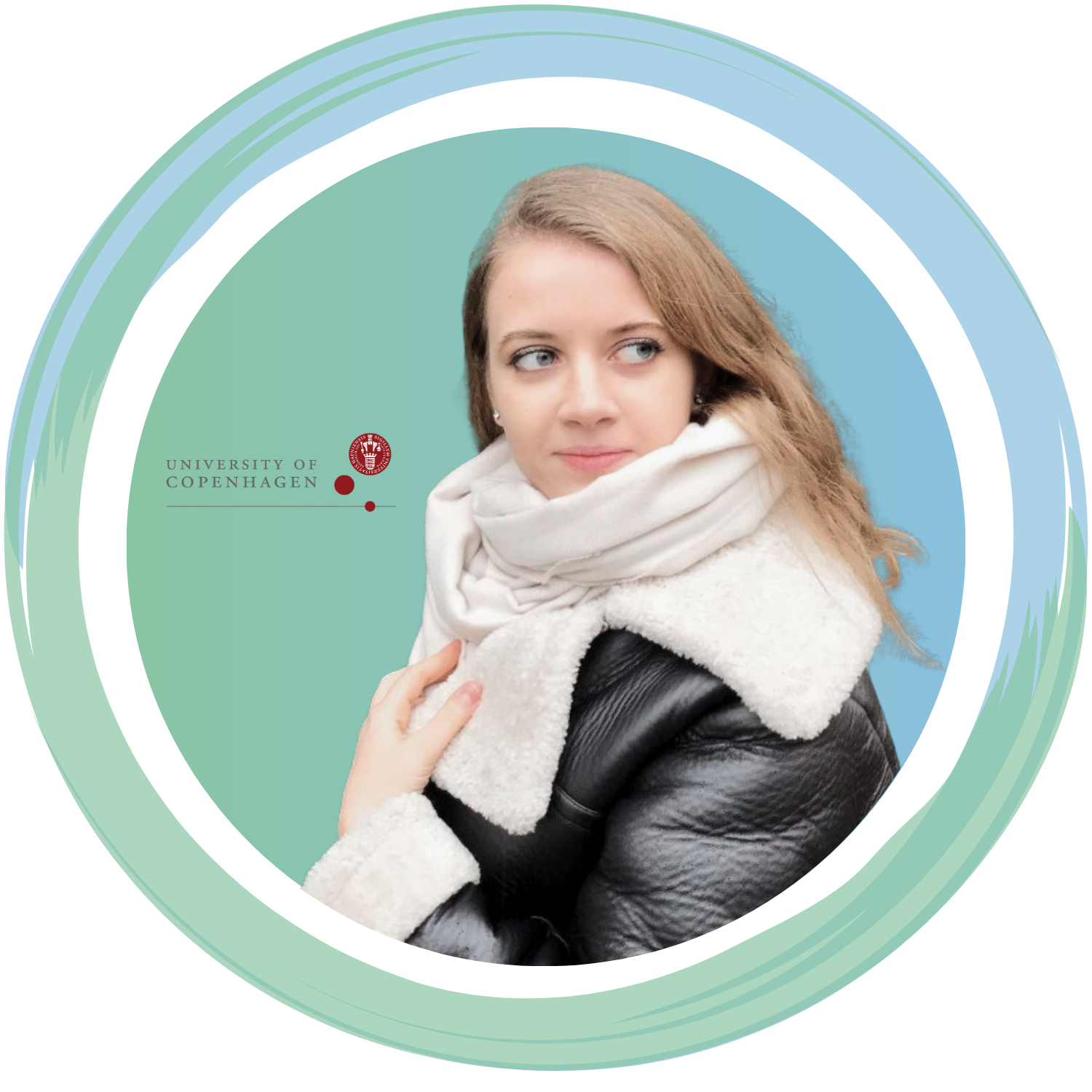
The position
Meet Daria!
Biosketch
Daria became interested in bioinformatics and cancer biology during her university studies, and after graduation, she completed a three-month internship at BostonGene, a US company specialising in precision medicine in cancer. She was subsequently hired as a bioinformatician and worked on several projects: 1) Creation of an ensemble of independent predictors for determining the origin of a tumour for CUP samples by separately somatic events and gene expressions. 2) She was a main bioinformatician in microenvironment typing of Head and Neck Squamous Cell Carcinoma HPV+ samples and was a speaker at AACR meeting in 2022 with E-poster presentation. 3) She also worked with a large number of clinical sarcoma samples, helping to create a report with the main actionable targets. Patients, Daria worked with, have progressed after several approved lines of therapies, and she is interested in applying and developing computational tools to identify mechanisms of tumour evolution and drug resistance. Therefore Daria decided to apply to the EMERALD programme in Prof. Weischenfeldt’s group, which she believes will help her to apply and improve all her previously acquired knowledge in the area in which she would like to grow further and give her academic freedom and ability to explore new ideas.
University awarding the PhD
Daria is currently enrolled at Copenhagen University, in the Molecular Mechanisms of Disease (MoMeD) local PhD Programme.
I decided to become a physician because…
I decided to become a physician because I find the human body and the intricacies of the medical field fascinating, and I wanted a career that would challenge me and keep me learning every day.
But also, I wanted to become a scientist because…
The world is moving towards personalised medicine and I believe that joining together clinical knowledge and novel computational/molecular approaches will help to understand complex mechanisms of cancer development, optimise diagnostics and treatment, and most importantly, support the patients’ and their family’s quality of life.
What I am working on?
I am working on creating a model capable of predicting the trajectory of tumour development learning it from clinical and molecular angles. The implementation of this project can be divided into two parts: 1) I will initially prepare the data for analysis and will start with mutational events in known cancer genes using WGS data. 2) I will also include clinical data, such as PSA levels, imaging, hormones level, Gleason score, and type and duration of the therapy used, to test if the performance of the model is improved, possibly connecting specific therapies with specific emerging mutations that drive drug-resistance and connecting each molecular and clinical trajectories with specific treatment effectiveness and overall or progression-free survival rates.
Why is this important to me as a medical doctor?
A tool capable of predicting clinical and molecular trajectories for PC patients will give a clinician a more complete picture of all possible treatment strategies, helping to stratify which patients are likely to need an active treatment or a watchful waiting and to understand complex mechanisms of prostate cancer development.
Who am I besides a future physician-scientist?
I am an absolute coffee lover and can annoy you with discussions about best brewing techniques. I also love Latin music and dancing (not really good 🙂 ) to the beat of salsa, reggaeton, and bachata. And I have a soft spot for horror movies, always up for a good scare 🙂


